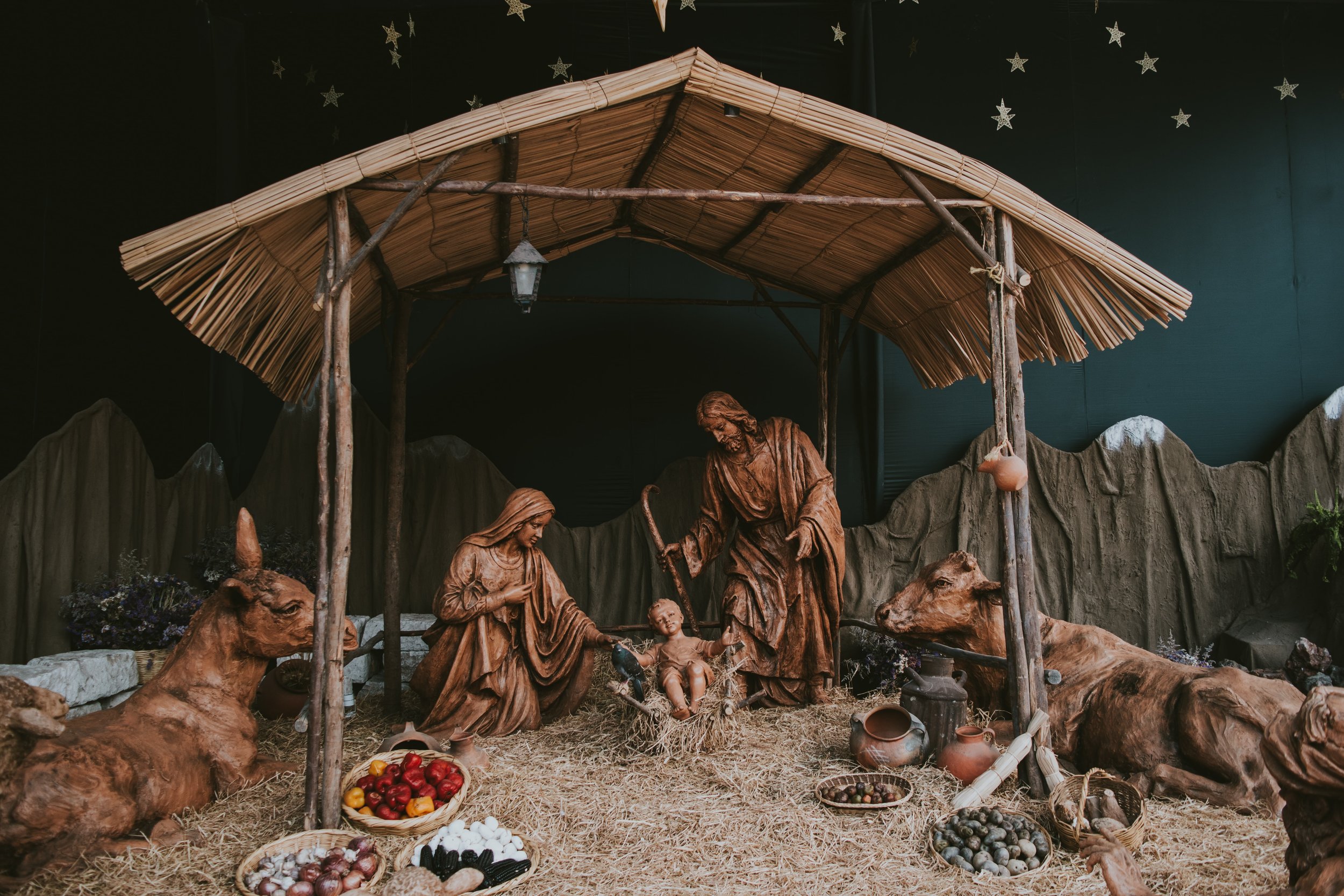In this series of posts, we will consider the vice of ‘sloth,’ one of the more misunderstood among the vices. Before we focus on this vice in particular, though, we do well to look at what place the categories of the ‘seven (or eight) deadly (or capital) vices’ have in the Christian life. These are not a list found in the Scriptures–they do not have the same evident clarity as the Ten Commandments, the Summary of the Law, or the Beatitudes. Nevertheless, this list emerged immediately after the great persecutions ended and Christians began to have time and space (and longevity) to study and explain methodically the spiritual work of the Christian life.
Read MoreOur parish is currently in the happy season of receiving many new babies into the congregation. Whenever we have a wave of baptisms, one of the questions I get asked is about the practice of selecting godparents or sponsors. This is one of my favorite questions to be asked as a priest. As I have been thinking through the practice of Tradition in our parish life, I realized as well that this question is directly connected to our inheritance and bestowal of the Faith. As an appendix to that series, then, I’d like to reflect here on the concept of godparents and to offer the practical advice I give to new parents when they ask about it.
Read MoreWe’ve discussed at length the danger of tradition when it becomes traditionalism, a frozen idea or a rhetorical tool used for power, control, self-possession, or coercion. I hope that, by now, I am in less danger of being regarded as a so-called ‘based trad.’ In the space created by our honest look at the benefits and pitfalls of tradition in the Church, then, I’d like to use this final essay to explore how it is that obedience to sacred tradition restores the fullest sense of our Christian identity as a member in the Body of Christ, the ‘blessed company of all faithful people.’
Read MoreIn my last essay, I unpacked some of the origins of deconstruction and pointed out how it is an inevitable product of modernity. Deconstruction pulls at the possibility of relationships, of symbol and meaning, of self to self. Deconstruction is the perfection of modernity’s idolizing of the self; it reduces all who practice it to irretrievable isolation within themselves. In the end, deconstruction leads the practitioner to lock the door from the inside of themselves, subjecting what is left of themselves to an endless ruminating scrutiny. They end in something like despair (although I do not know precisely what to call it because even despair seems too constructive a term). Yet, for all of the grim by-products of deconstruction, many questioning Christians are turning to it as a desperate last resort…
Read MoreThus far, we have defined tradition by its literal sense of ‘giving over’ and spoken of the ways that tradition is practiced in both sacred and secular senses. We also spoke of the specter of traditionalism and the way it parasitically feeds on sacred tradition to ensnare those who are seeking a reintegration with the Church before and after, the Church above and among. Traditionalism is a counterfeit of tradition that aims at secular power, using the gifts of the past as artifactual weapons…
Read MoreWe began by defining tradition in its broadest sense as “giving over” and discussed some of the ways Christians understand what it means to pass down the practice of the Faith through the generations. We also explored how Anglican Catholics have a unique sense of obligation to the past and to those giants of the Faith on whose shoulders we now stand. A high view of tradition is an expression of gratitude for what has been preserved through great trials, recognizing that many have suffered to remain faithful to the Lord as they encountered Him in the Church’s prayer, and for whom they endured unimaginable persecution. They understood that the Faith was a gift, one to be received and then given in turn within a view of the Church that was bigger than themselves but of which they were a vital part. It is to that volta between reception and gift in tradition that I would like to turn our attention in this essay.
Read MoreThere is a sweet sense of reunion that attends me when I look at the first, blank page of a new piece of writing. There, I am confronted with the fact that I never immediately know what I should write. It is a lonely feeling that, I think, ought always to attend the attempt to do something novel, and particularly by myself in an empty room. And yet, that lonely space has become the occasion for remembrance, in this moment a kind of invitation of past voices to speak again and come to my aid. If it’s a lesson-plan I am writing, certain master teachers come to mind. If it’s a sermon, then there are certain pastors. If—heaven help us—I am attempting a poem, then the much annotated stars of my Norton anthology start to emerge. Sometimes, it is a friend; sometimes, it is an ancient author I have never met but through their words. I try to ask as politely as possible: will you help me find my words with some of your own?
Read MoreLove obliges us to know our beloved. For Christians who worship God in the manner He gave us in the institution of Holy Communion, love obliges us to seek our Beloved in the sacramental place in which He has promised to meet us. To seek Him in this way will reveal, over time, the heart of our Eucharistic liturgy.
Read MoreI am sometimes caught off guard at how my life’s events refuse to conform to the Christian calendar. Somewhere within me, I assume that the arrival of Easter should bring satisfying closure to the interior battles I fought during Lent. I love Eastertide, I love the renewal and the sense of hopeful expectation for the good work of ministry ahead. So why does it also feel like I’m back to the grind? Why has the world already moved along and why am I returned to the slow work of spiritual growth? For answers, I think we have to go back to Easter Day again.
Read MoreSabbath is remembrance. It is to remember and anticipate through a moment the world of God’s great seventh day, of Creation as it is known with God enthroned, consecrating all things and celebrating them with delight. But modern people have a difficult time approaching remembrance because they consider it a matter of ‘thinking’ rather than ‘being.’ This is not how the Scriptures communicate ‘remembrance’ to us.
Read More“Beloved, let us love one another for love is from God, and everyone that loves is born of God and knows God. He who does not love does not know God, for God is love.”
Like C.S. Lewis, I, too, once considered this verse from Scripture to be pretty straightforward. I can still see the memory of adolescent Hayden writing on the inside cover of his trapper-keeper notebook after a youth camp: ‘love like God loves you.’ Simple enough, right? Then why did something so simple prove so impossible?
Read More


















